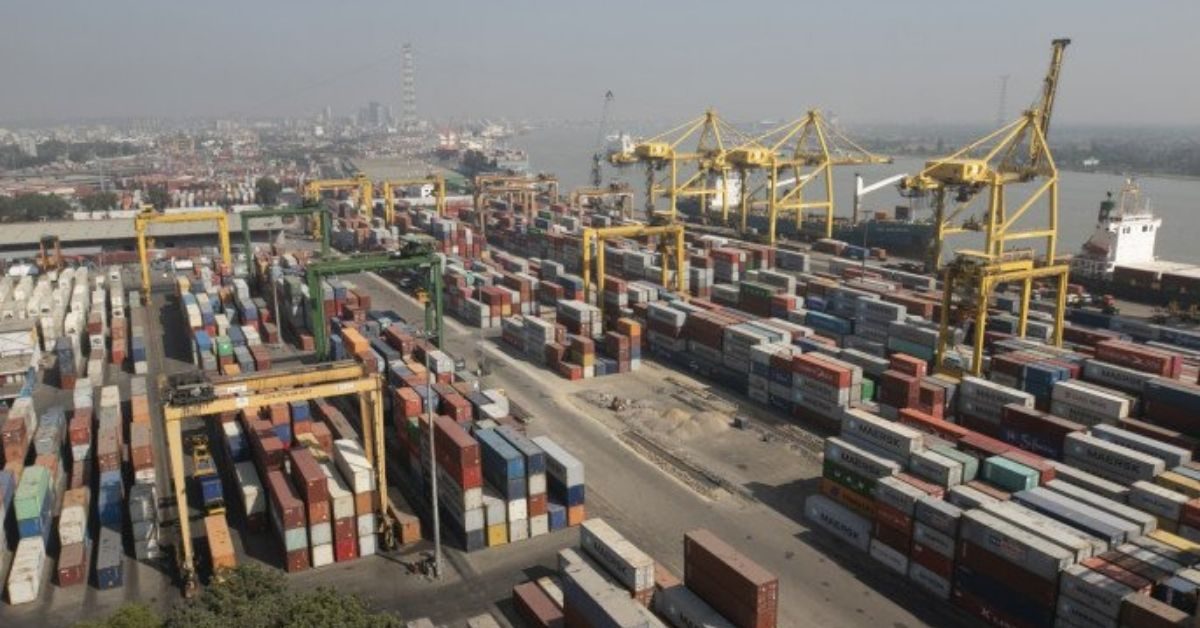The American rating agency maintained Bangladesh’s BB- rating but warned that the outlook was now negative rather than stable, mirroring the action taken in July by its peer Standard and Poor’s.
By the end of 2023, Fitch estimates the foreign currency reserves will be sufficient to meet three months’ import bill, which is lower than the ‘BB’ median of 4.4 months. And in the next fiscal year, the import cover will come down to about 2.6 months.
Fitch estimates that gross reserves fell by 19 percent in the first nine months of the year.
As of September 20, foreign currency reserves stand at about $21.5 billion, enough to meet four months’ import bill at best, as per the latest published data by the Bangladesh Bank.
“We forecast foreign exchange reserves to stay under pressure, driven by rising imports and foreign currency intervention by the central bank,” Fitch said.
The negative outlook reflects a deterioration in external buffers, which has increased vulnerability to shocks.
“It also reflects our view that the country’s incremental policy response, including exchange rate system changes, and continued support from external official creditors, has been insufficient to stem the fall in foreign reserves and resolve domestic US-dollar liquidity strains,” it added. Confirmation fee for letters of credit will remain high and outside interest in investing in Bangladesh will remain low, predict analysts.







